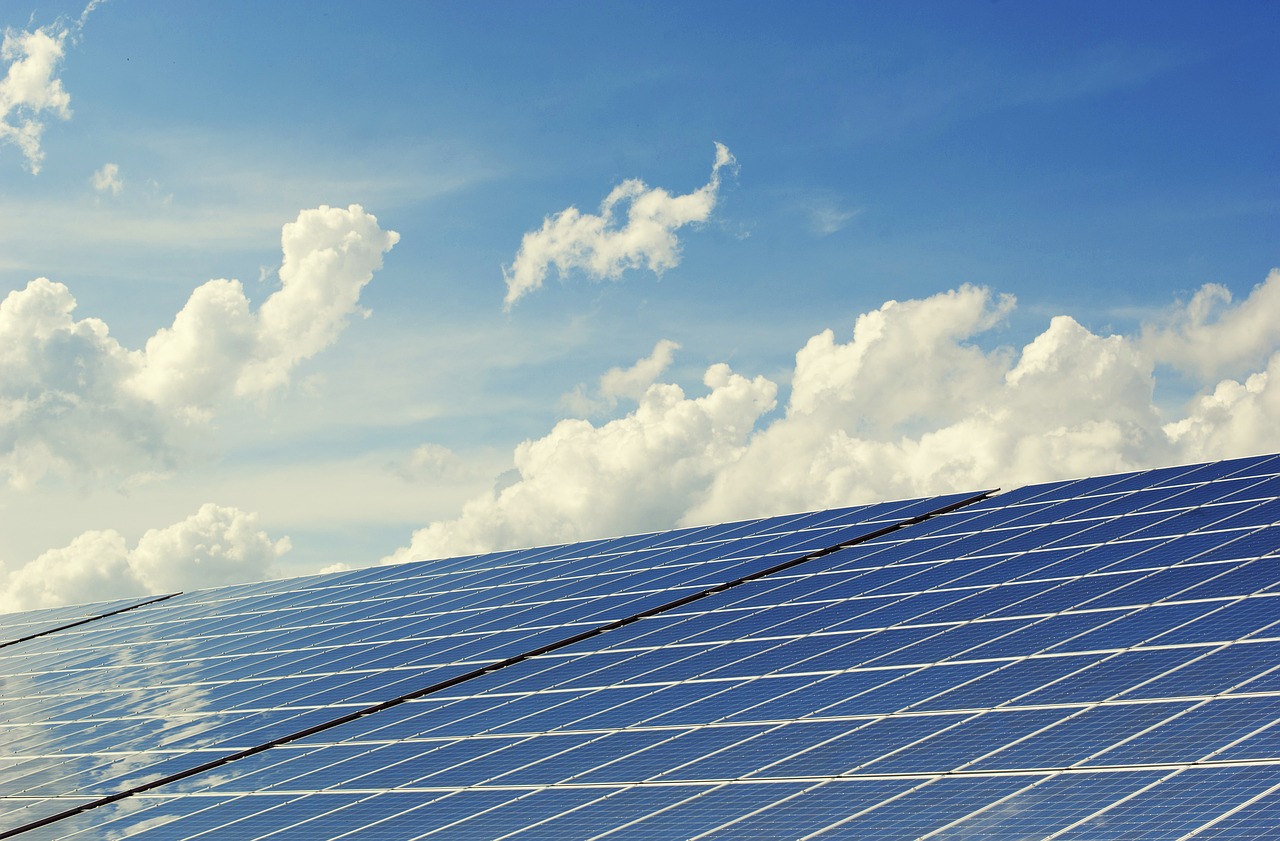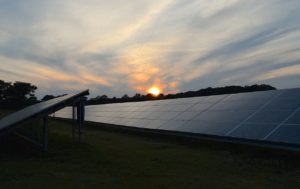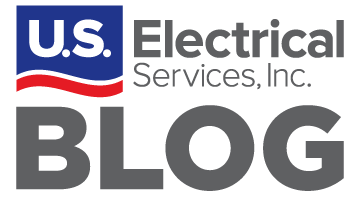
With an increased demand for the use of solar energy, it’s important to know how to choose the best solar panel for your home.
Solar panels are a great way to conserve energy by relying on natural resources. They also can be a good investment, as they will save you money on your energy bill in the long run. However, not every solar panel is the same. There are many factors to consider in determining which one will work best for you.
Read on to find out how to choose the best solar panel for your home.
Factors in Choosing the Best Solar Panel for Your Home
 Nameplate Rating: One factor in determining the best solar panel for your home would be the nameplate rating. The nameplate rating measures the power output of the panel, which is measured as the amount of DC (direct current) the panel produces under ideal conditions. Generally, panels are rated to produce 200 to 400 watts of direct current.
Nameplate Rating: One factor in determining the best solar panel for your home would be the nameplate rating. The nameplate rating measures the power output of the panel, which is measured as the amount of DC (direct current) the panel produces under ideal conditions. Generally, panels are rated to produce 200 to 400 watts of direct current.
Efficiency Rating: This measures how efficient your panel is at converting the energy from the sun into electricity. Most panels have an efficiency rating that is between 14 and 20% and typically no more than 25%. The other percent of the production is lost as dissipated heat.
Temperature Coefficient: Solar panels tend not to produce as much power in extreme heat. 77 degrees is an ideal temperature and panels will lose a percentage as the temperature goes higher. For example, a panel may have a temperature coefficient of 1% for every 4 degrees the temperature rises above 77. Those who live in hot climates, should make temperature coefficient a strong determining factor in their purchasing decision.
Quality of the Panel: Quality is a huge factor in finding the best solar panel for your home. It will depend on the manufacturer, the year the panel was produced and the panel type. Talking to a solar panel installer will give you a good idea of the current prices and what you should expect to be paying for a quality item.
While it may be tempting to save money and invest in a low end product, you will end up making a lot of sacrifices in the durability and efficiency of the model. A midrange panel may offer a good solution, as you can probably find one that offers durability, reliability and efficiency. Of course, a high end panel will end up being the most efficient and durable of all the models but may be outside of the price range of many homeowners.
Your Panel as an Investment
 Within time, your energy bill should becoming significantly lower, but it may still be a while before you earn the cost of your solar panel and its installation back. To see a faster return on your investment, see if your utility company offers tax breaks for your solar installation.
Within time, your energy bill should becoming significantly lower, but it may still be a while before you earn the cost of your solar panel and its installation back. To see a faster return on your investment, see if your utility company offers tax breaks for your solar installation.
There is also the option of selling your solar energy. Here’s how it works: Commercial and industry entities are required to meet certain renewable energy requirements. Rather than installing their own systems, some may choose to buy credits from homeowners to help them meet these requirements.
Homeowners interested in participating will be assigned Solar Renewable Energy Credits. A credit is given for every 1,000 kWh of electricity. Those who choose this option will not be able to use the electricity themselves and will have to pay for their electricity through their utility company, but they may look forward to a faster return on their solar energy investment.
As time goes on, more and more people are turning to solar energy as a money saving, environmentally friendly alternative. However, if you are going to make this investment, it is good to do it wisely. That’s why knowing how to choose the best solar panel for your home is important. Research before you make your purchase and it could be one of the best decisions you make as a homeowner.

